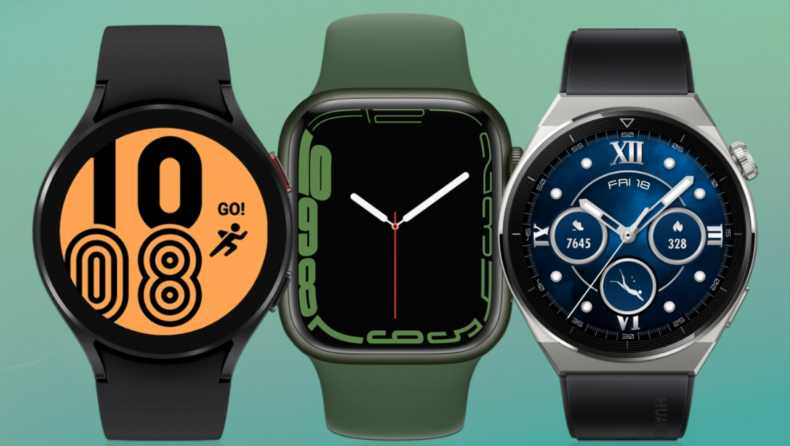Alzheimer’s Research UK has teamed up, and they are working on health projects. Wearable devices like Apple and Fitbit could be able to track the early stages of dementia with movement tracking.

Dementia is a loss of cognitive functioning—thinking, reasoning, and remembering things that contain a person’s daily life and activities. A wearable device tracks our every movement and activity by which it stores our daily tasks and daily routine if something unusual or different things come up apart from our daily tasks it could start alerting us.
New Device Monitors 30 Different Indicators

This new project will be undertaken by millions of people in the UK who will wear the smart special devices, which are similar to smartwatches but more likely to detect the early stages of memory-affecting conditions. This device uses AI to monitor more than 30 indicators that include speech, gait, motor skills, and sleep.
This research has been taken forward with the partnership between Alzheimer’s Research UK and other organizations, including the Alan Turing Institute, University College London, and Newcastle, Cambridge, and Exeter universities.
Alzheimer’s is the most common form of memory impairment and can begin to develop up to twenty years before symptoms actually present themselves. With recent leaps forward in finding potential treatments for the disease, researchers believe managing and preventing dementia will be most successful when the condition is caught early.
On The Apex of Dementia Uprising
According to research conducted by Alzheimer’s UK, 80% of adults would be willing to take a test to see if they were in the early stages of the disease, and developing devices like their new smartwatch could be a low-cost way of identifying those most at risk.

Carol Routledge, director of Alzheimer’s UK, said, “Identifying the very earliest changes in these diseases would transform research efforts today, giving us the best chance of stopping these diseases before the symptoms of dementia start to get in the way of life.”
“During my time as Prime Minister, I witnessed first-hand the devastating impact of dementia on families and made a personal commitment to transforming the pace of research efforts across the globe.”













